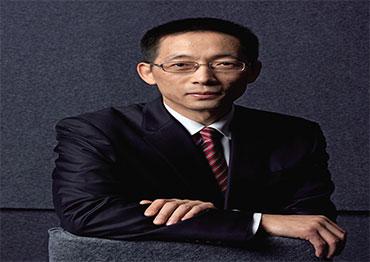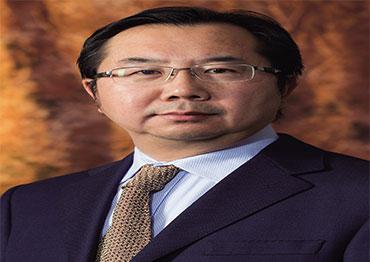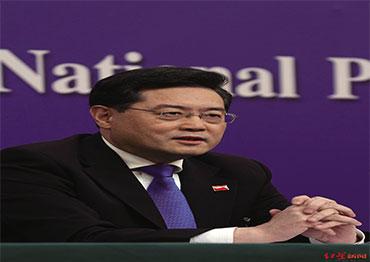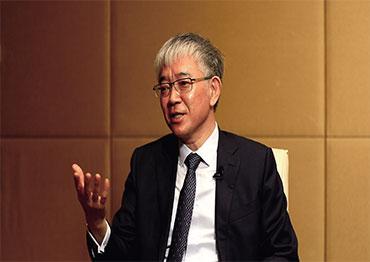“THE VAST AND IMPORTANT APPLICATIONS OF STARSHIPS MEAN THAT CHINA WILL INEVITABLY DEVELOP SIMILAR SUPERHEAVY CARRIER ROCKETS IN THE FUTURE. THE DEBATE OVER THE RESULT OF THE LATEST STARSHIP LAUNCH REFLECTS THE MORE AMBITIOUS GOALS OF CHINA’S SPACE INDUSTRY IN THE NEW ERA OF AEROSPACE.”
Zhou Binghong, a researcher at the National Space Science Center, Chinese Academy of Sciences (CAS), and Zheng Yongchun, a researcher at the National Astronomical Observatories, CAS, in an article for NewsChina’s Chinese edition following SpaceX’s Starship launch on April 20
“The exam-oriented education system instills cognitive inertia in students where there is always a right answer. This may negatively influence their abilities to conduct original scientific research and challenge the scientific frontier.”
Shi Yigong, president of Westlake University, in his latest book where he suggests China’s college entrance exam should give students and schools more avenues to cultivate talents that fall outside the exam system
“State-owned assets and private capital used to be independent, and would merely observe each other’s business decisions from a distance. Reform that allows private capital in SOEs shortens that distance, giving both a chance to learn from each other. Mutual shareholding and integration of SOEs will also provide a window for others to learn from their counterparts in advanced regions or those with higher degrees of marketization.”
Zheng Zhigang, finance professor at the Renmin University of China, in an interview with newspaper The Enterprise Observer on March 15
“The pressing task is to stabilize the China-US relationship, avoid a spiral of decline and prevent any unexpected incidents between China and the US. This should be the most fundamental consensus between China and the US...”
China’s Foreign Minister Qin Gang during talks with US Ambassador to China Nicholas Burns in Beijing on May 8
“From a regulatory standpoint, we should respect the market and not give banks too many supervisory targets unrelated to their operational security... When allowed to enter the market, banks will find suitable customers and services, including special business, to form their own core competitiveness.”
Liu Xiaochun, deputy director of Shanghai Finance Institute, on what the Chinese banking industry can learn from the recent closures of European and American banks, in a recent interview with social media news outlet New Finance Union
“The history of central bank intervention in the exchange market shows that eventually the market will overcome the central bank’s efforts to stabilize the exchange rate. Therefore, it is important to gradually phase out interventions and reduce their frequency to zero. But again, at this time, I haven’t announced that we have no intervention. And we still, in the policy statement, follow the IMF suggestion that under the extreme capital flight situation, we reserve the right to intervene. ”
Yi Gang, president of the People’s Bank of China, at the Peterson Institute for International Economics seminar held in Washington, DC on April 15
“The world will be multipolar in the future, but its stability will depend on the US’s relationships with China and Russia... If Washington does not change course, we cannot rule out the possibility that China and the US will clash, which will be detrimental to the entire international community.”
Wu Xinbo, director of the Institute of International Studies, Fudan University in Shanghai, in an interview with newspaper the Global Times in late April
“The current recovery of consumption has been hot and cold. When judging recovered consumption that exceeded expectations, we must take into account that the bar was set low, and that the recovery was not the same across different industries.”
Xing Ziqiang, chief economist of Morgan Stanley China, warning that lost growth during the pandemic has not yet recovered in an interview with think tank China Finance 40 Forum in early May

 Old Version
Old Version




